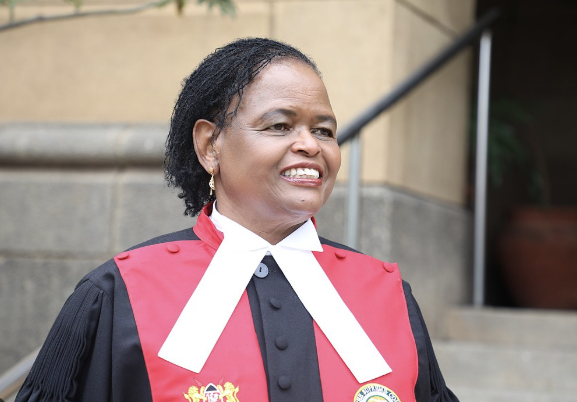Kenya stands at a pivotal moment in its pursuit of justice, as judicial experts advocate for the establishment of a fully operational International Crimes Division within the High Court. The call comes in the wake of the Gen Z protests and ahead of the highly contested 2027 general elections, highlighting the urgent need to address impunity and ensure accountability for grave crimes.
The experts including judges from Kenya, Uganda, and South Africa argue that a dedicated division would support victims of genocide, war crimes, crimes against humanity, and transnational offenses by providing a domestic platform to confront perpetrators. Speaking at a justice symposium organized by the Wayamo Foundation and the Strathmore Institute for Advanced Studies in International Criminal Justice (SIASIC), the experts stressed that Kenya risks falling behind as a regional leader in international jurisprudence without such a court.
Chief Justice Martha Koome underscored the timeliness of these discussions, noting the rising frequency and intensity of regional conflicts that demand urgent legal redress. “Our region is living through hard realities. Conflicts in the neighborhood test the resilience of institutions and the reach of law. Prosecutors, both domestic and international, are pressing forward in difficult environments. The imperative is simple: we must each do our part, swiftly and within the law,” she said.
High Court judge Diana Mochache emphasized that a specialised division would ensure focused attention on complex international crimes, similar to how courts in Kenya have effectively addressed drug-related offenses, terrorism, and corruption. She added that domestic proceedings would allow easier access to witnesses and enable trials in a familiar context and language addressing challenges often faced in distant international courts such as The Hague.
Judge Alexander Muteti highlighted the role of a dedicated division in confronting impunity, particularly by individuals in high office, while Ugandan High Court judge Susan Okalany pointed out that Kenya lags behind regional peers like Uganda, which already operates an International Crimes Division.
Currently, Kenya has no permanent division, despite recommendations dating back to 2012 under the International Crimes Act, 2008, which implements the Rome Statute domestically. Experts argue that with rising conflicts and looming elections, the establishment of an International Crimes Division is not only necessary but urgent to safeguard justice and strengthen the rule of law.

